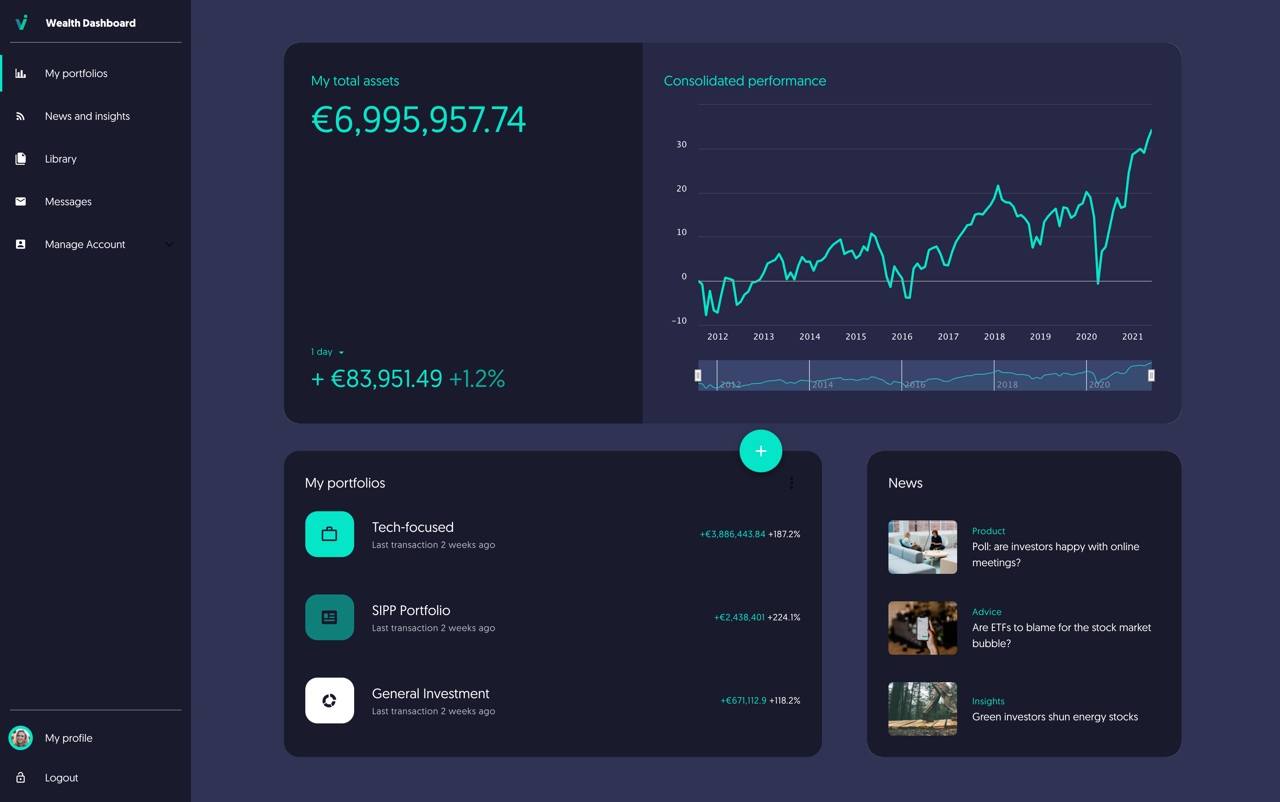On face value, passive investment feels like a win for investors - but society as a whole might be losing out
Key points
- More funds are now invested in passive ETFs than in active ones
- Passive investing increases correlation whereby stock, bond and other asset prices move up or down or sideways together
- The rise of the indexes can make companies less competitive through “common ownership” in which mega-asset managers control large stakes in multiple, same-sector competitors
- The owners of the stock - those putting money into index funds - have little say over the companies they own

Why more funds are now invested in passive ETFs than in active ones
Exchange-traded funds (ETFs) - which track an index, sector, commodity, or other assets - are popular with investors because they offer low-cost access to diversified holdings. An increasing trend for passive investment has developed around ETFs. More and more investors are no longer paying portfolio managers to invest their money based on a professional assessment of listed properties’ prospects but are opting instead for large, largely automated index funds whose value is tied to the value of whole market sectors. It’s a less exciting approach to investing, if more predictable. Today $11 trillion is invested in index funds.
Lots to like for investors but what about the dangers of AUM concentration?
Passive investment comes with low, or sometimes no, fees. What’s more, for risk-averse investors, it feels “low stress”- and there is data to show that just a quarter of active funds exceeded the returns of passively managed funds from 2009 - 2019. Yet the downside is passive investment’s tendency to make industries more sluggish, less competitive and less innovation-driven. For economies, that’s not ideal.
The major index funds are controlled by a handful of mega-asset managers, who tend to have a stake in multiple so-called competitors in different sectors. This means they have little inclination to see the most intrepid or ethical companies succeed over others; they just want the whole sector to do well and can steer investment to support that end. This goes against the principles of free market dynamics, because “the best wo/man”may not win, without robust active investment in promising individual companies.
The impact of passive investing on efficient asset allocation
Actively managed funds doggedly seek out the best companies to invest in, so they allocate assets efficiently.
Passively managed funds, by contrast, just track an index - meaning that the societal benefit of efficient asset allocation gets lost. According to the Atlantic, three potential problems may arise:
- A risk of increased correlation, whereby the prices of stocks, bonds, and other assets simply move up or down or sideways together, obscuring their relative merits
- Common ownership effects, as mega-asset managers control large stakes in multiple competitors in the same industry, exerting a “flattening” effect on those industries
- Finally, the owners of the stocks - the actual investors putting money into index funds - have little say over the companies they “own”
These three challenges have a negative effect on asset managers’ service to an efficient market. In other words, they are a step backwards on the S component of funds’ ESG commitments.
Are ETFs undermining your ESG efforts?
ESG funds are increasingly popular with investors wanting to back companies that are not just good businesses, but good in the way they approach and report on their sustainability. Yet if passive investing run by mega-asset managers becomes the global norm, these companies could become lost in the mix. They’ll be less inclined to pursue sustainability milestones, because there would be fewer active fund managers using their experience, insight and principles to identify the qualifications of different companies for sustainable (environmental, societal and governance) investment.
Ultimately, the growing prevalence of passive investment could hypothetically lead to a global economy beset by apathy, with everyone just chugging along; hardly motivated to do more, be better or stand out.

